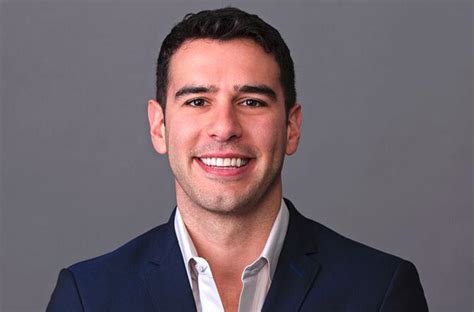A Quote by Rebecca MacKinnon
In Britain, a 'block list' of harmful Web sites, used by all the major Internet Service Providers, is maintained by a private foundation with little transparency and no judicial or government oversight of the list.
Related Quotes
The Internet, too, has strong attributes of a public good, and has undermined the “private good” attributes of old media. Internet service providers obviously can exclude people, but the actual content -the values, the ideas- can be shared with no loss of value for the consumer. It is also extremely inexpensive and easy to share material. Sharing is built into the culture and practices of the Web and has made it difficult for the subscription model to be effective.
By 1990, the EPA had tallied up 32,645 sites of past chemical waste dumping in need of cleanup. Some of these are actual waste landfills, but many are former manufacturing sites where drums full of chemicals have been simply abandoned. The names of the most notorious appear on the EPS's National Priorities List. These are the so-called Superfund sites, names for the super fund of money put together by Congress in 1980 to clean them up. In 2009, the Superfund list contained 1,331 sites.
Bob Mueller for the FBI, myself, met with a particular group of executives that have major roles in the so-called ISPs, the Internet service providers, what they could possibly do. We have met with leaders in private industry in terms of the core critical infrastructure of the country as to what they can possibly do with cyber-attacks.
In the Restoring Internet Freedom Order, the FCC strengthened its transparency rule so that Internet service providers must make public more information about their network management practices. They are required to make this information available either on their own website or on the FCC's website.
The Bible give us a list of human stories on both sides of the ledger. On list of human stories is used examples - do what these people did. Another list of human stories is used as warnings - don't do what these people did. So if your story ever gets in one of these books, make sure they use it as an example, not a warning.
Everyone should be concerned about Internet anarchy in which anybody can pretend to be anybody else, unless something is done to stop it. If hoaxes like this go unchecked, who can believe anything they see on the Internet? What good would the Internet be then? If the people who control Internet web sites do not do anything, is that not an open invitation for government to step in? And does anybody want politicians to control what can go on the Internet?
































